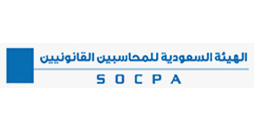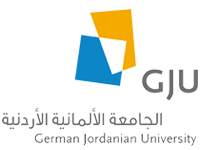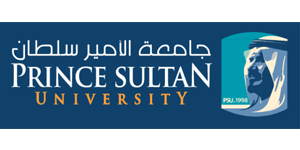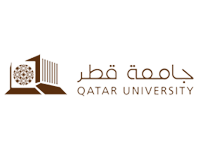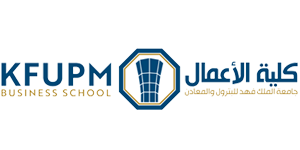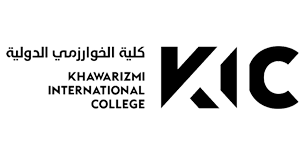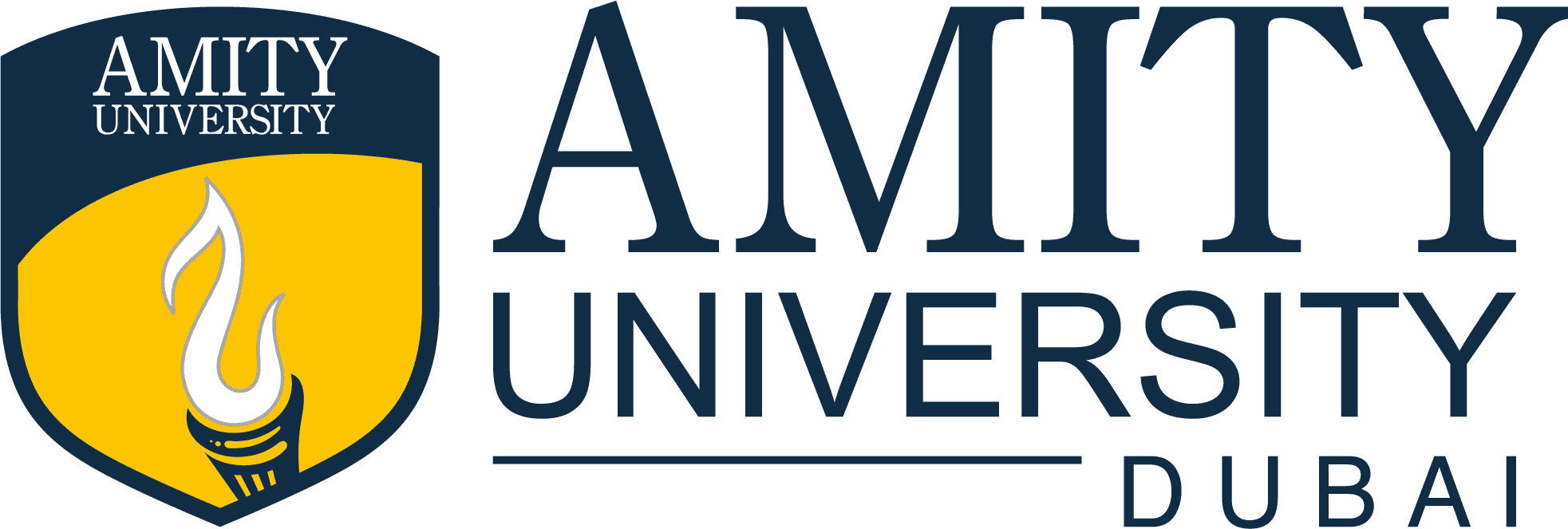It is no secret that the COVID-19 pandemic has, over the past year, exposed serious fault lines and vulnerabilities in societies, institutions, and economies all around the world. The Arab region, home to 436 million people, initially kept transmission and mortality rates lower than the global average but low-income levels, fragmented health care, and insufficient primary care in many countries nevertheless took a toll and saw infection rates mount. What the pandemic also did was magnify older, decades-long challenges.
A COVID-19 Pulse Survey among Arab youth conducted across 17 countries of the region, in the latter half of 2020, clearly exposes these fault lines, across both economic and social lines. These include violence and conflict; inequalities; unemployment; poverty; inadequate social safety nets; and challenging economic models. Of course, the results vary from region to region. The UAE and Saudi Arabia for example, adopted an aggressive approach to contain the pandemic, implementing measures like social distancing, including dusk to dawn curfews and also taking steps to prevent religious pilgrimage to two of Islam’s holiest sites – Mecca and Medina. As the survey shows, the consequences of the pandemic are likely to be deep and long-lasting and conform to other similar reports, including one by the United Nations.
The Arab Youth Covid-19 Pulse Survey highlights that nearly two of five young Arabs have considered leaving their country of birth; one-third of the Arab youth are more likely to emigrate due to COVID-19 in search of better job opportunities leading to the prospect of talent erosion in their country-of-birth. Following the coronavirus outbreak that has impacted the region – economically and socially – the tendency to seek greener pastures have only strengthened. In fact, the respondents also highlighted that they planned to leave their countries permanently, with no plans to return. The potential for youth immigration showed up highest in Lebanon, Libya, Yemen, and Iraq, and correspondingly, was the lowest in Saudi Arabia and UAE. Interestingly, the lack of economic opportunities are the primary drivers compelling these young people to consider leaving their countries.
One of the top issues for youth in the region is getting access to better, well-paying jobs. The other problem that has arisen due to the pandemic and affecting the well-being of young Arabs in the region is the increase in personal and household debt, much of which has shown a dramatic rise in 2020 compared to previous years. Syria, Jordan, Palestine, and Iraq have shown the maximum rise in personal debt, driven maximum by student and car loans followed by medical bills and home mortgage.
What we are seeing is that having a young population does not automatically translate into a dividend for economic growth and prosperity. Given the cultural similarities, the drastic economic diversity across the region makes matters more complex. Decision makers in the region know this well enough and much has been said about the need for urgent action to tackle the growing issue of youth unemployment in the region, which at 30 percent, is the highest in the world. The scourge of the pandemic has only made matters worse and it is high time to implement the right mix of policies, revise higher education systems and introduce more economic measures that helps develop an environment that accelerates job-creation and hence, economic growth.
For young Arabs, the window of opportunity is also to see beyond the immediate and focus on reskilling and upskilling themselves. Coming out of the pandemic, organizations in the region, like those elsewhere, are under increasing pressure to improve performance and this is only possible when employees are able to help drive that competitive advantage. Professional education is one such route. IMA® (Institute of Management Accountants), to share an example, is leading the effort to bridge the skills gap in the finance and accounting domains, and working with governments and educational institutes alike to help drive meaningful change. Well over 125,000 finance and accounting professionals in the world are registered with IMA to upskill themselves with the CMA® (Certified Management Accountant), the definitive global benchmark for finance professionals the world over. This certification is one of several international programs that are helping young students and professionals improve their chances at a better life by arming them with the skills they will need to cut it in the job market of today and tomorrow. That is potentially the fighting chance they have at realizing their potential amid a changing world in which the dream of new lands has become a promise of better career opportunities.




